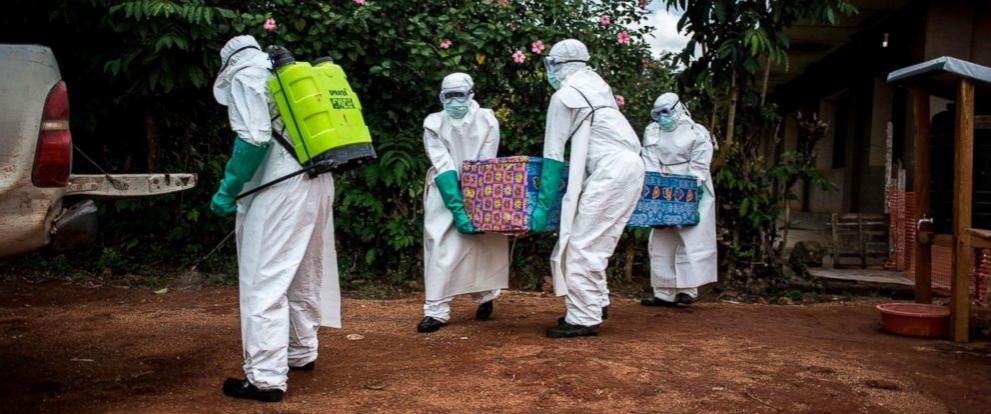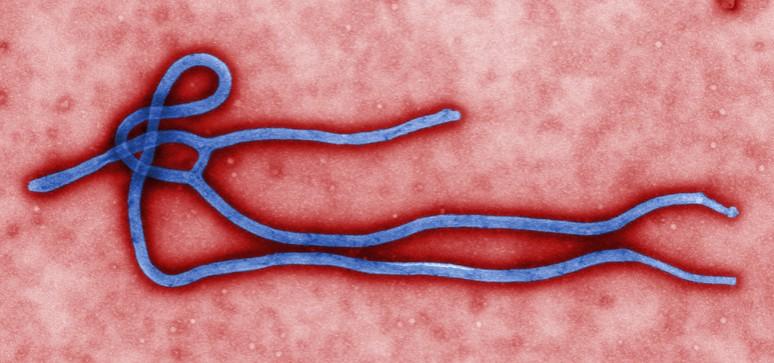
Even as the world is fighting the deadly COVID-19 pandemic, there's no break to humans as reports of new outbreaks are occurring in different parts of the world. After the Bubonic Plague or the Black Death, now reports are suggesting another potential outbreak of Ebola, the epidemic that killed more than 2,277 people in 2018.
After declaring the outbreak over in Ituri and North Kivu provinces on June 25, WHO has now sounded the alarm in the western Democratic Republic of the Congo (DRC), with nearly 50 known cases across a large region along the border of the Republic of the Congo and the Central African Republic. Mike Ryan, the WHO's top emergencies expert revealed on Monday that 48 cases of Ebola have been confirmed in DRC Equateur province after the new outbreak as announced on June 1. But the latest update says the cases continue to grow and the total tally in the province is at 56 - higher than it was during the 2018 outbreak.
"Responding to Ebola in the midst of the ongoing COVID-19 pandemic is complex, but we must not let COVID-19 distract us from tackling other pressing health threats," Dr Matshidiso Moeti, WHO Regional Director for Africa, said in a statement. "The current Ebola outbreak is running into headwinds because cases are scattered across remote areas in dense rain forests. This makes for a costly response as ensuring that responders and supplies reach affected populations is extremely challenging."

Containing the outbreak
According to the WHO report, more than 12,000 people have been vaccinated in the last six weeks. The vaccinations started merely within 4 days since the outbreak was declared, an improvement compared to 2018 when it took two weeks to start vaccinating people. The efforts are being taken after learning from the previous outbreak.
WHO has also been trying to educate people about the virus with the help of local communities. Over 40,000 households have been visited and more than 273,000 people given necessary health and safety information.
The Ebola virus causes hemorrhagic fever and is spread through direct contact with body fluids from an infected person, who suffers severe vomiting and diarrhea.












!['Had denied Housefull franchise as they wanted me to wear a bikini': Tia Bajpai on turning down bold scripts [Exclusive]](https://data1.ibtimes.co.in/en/full/806605/had-denied-housefull-franchise-they-wanted-me-wear-bikini-tia-bajpai-turning-down-bold.png?w=220&h=138)
![Nayanthara and Dhanush ignore each other as they attend wedding amid feud over Nayanthara's Netflix documentary row [Watch]](https://data1.ibtimes.co.in/en/full/806599/nayanthara-dhanush-ignore-each-other-they-attend-wedding-amid-feud-over-nayantharas-netflix.jpg?w=220&h=138)



